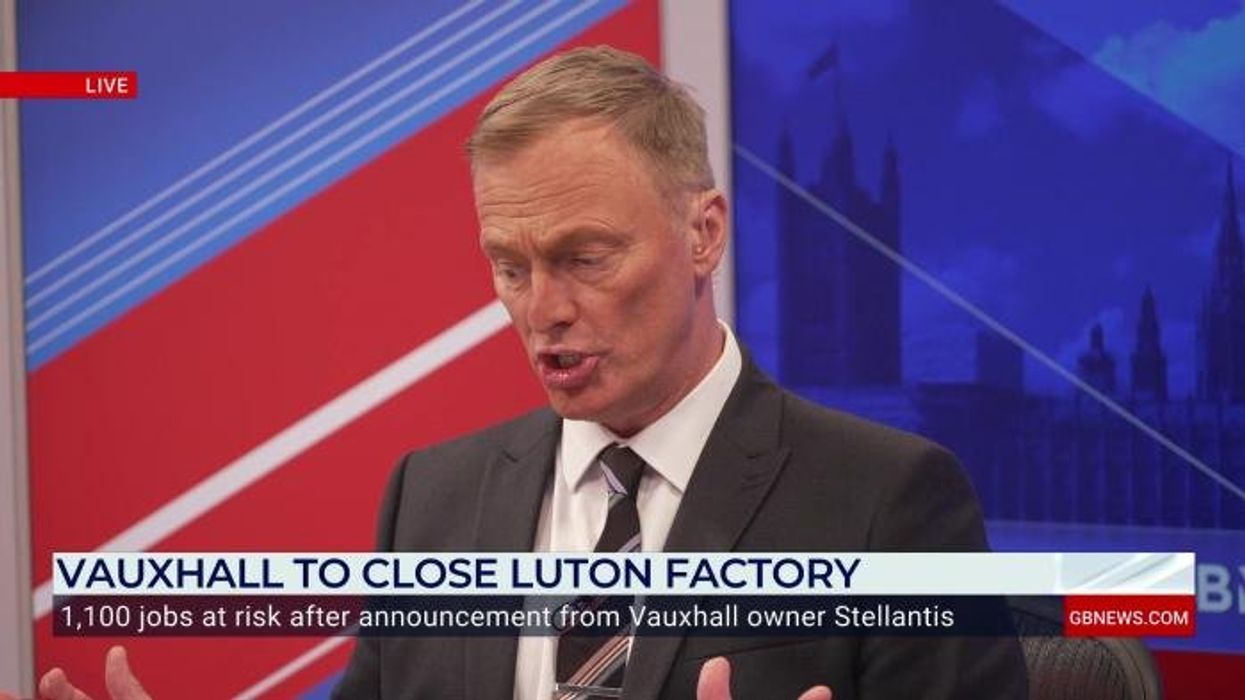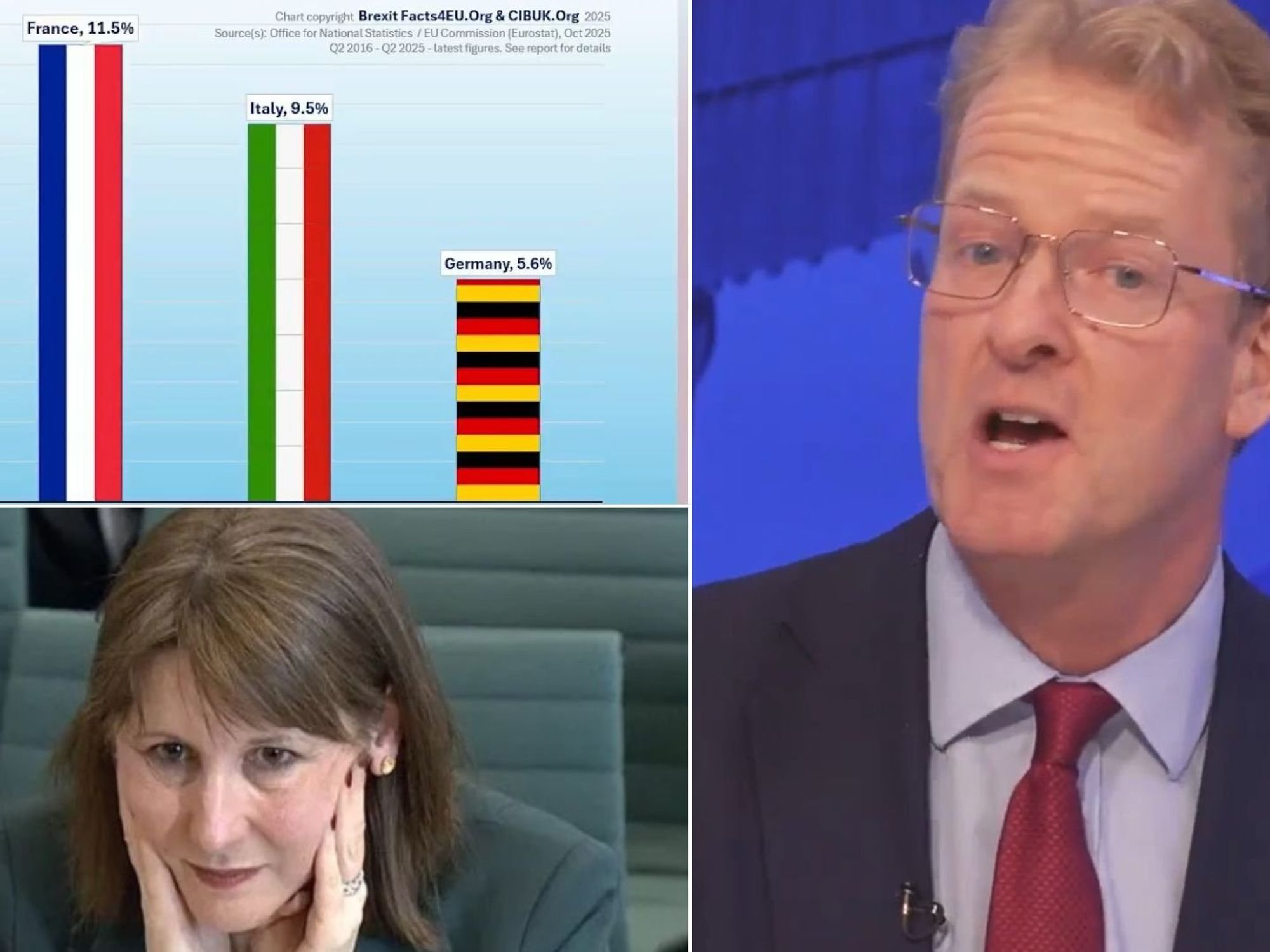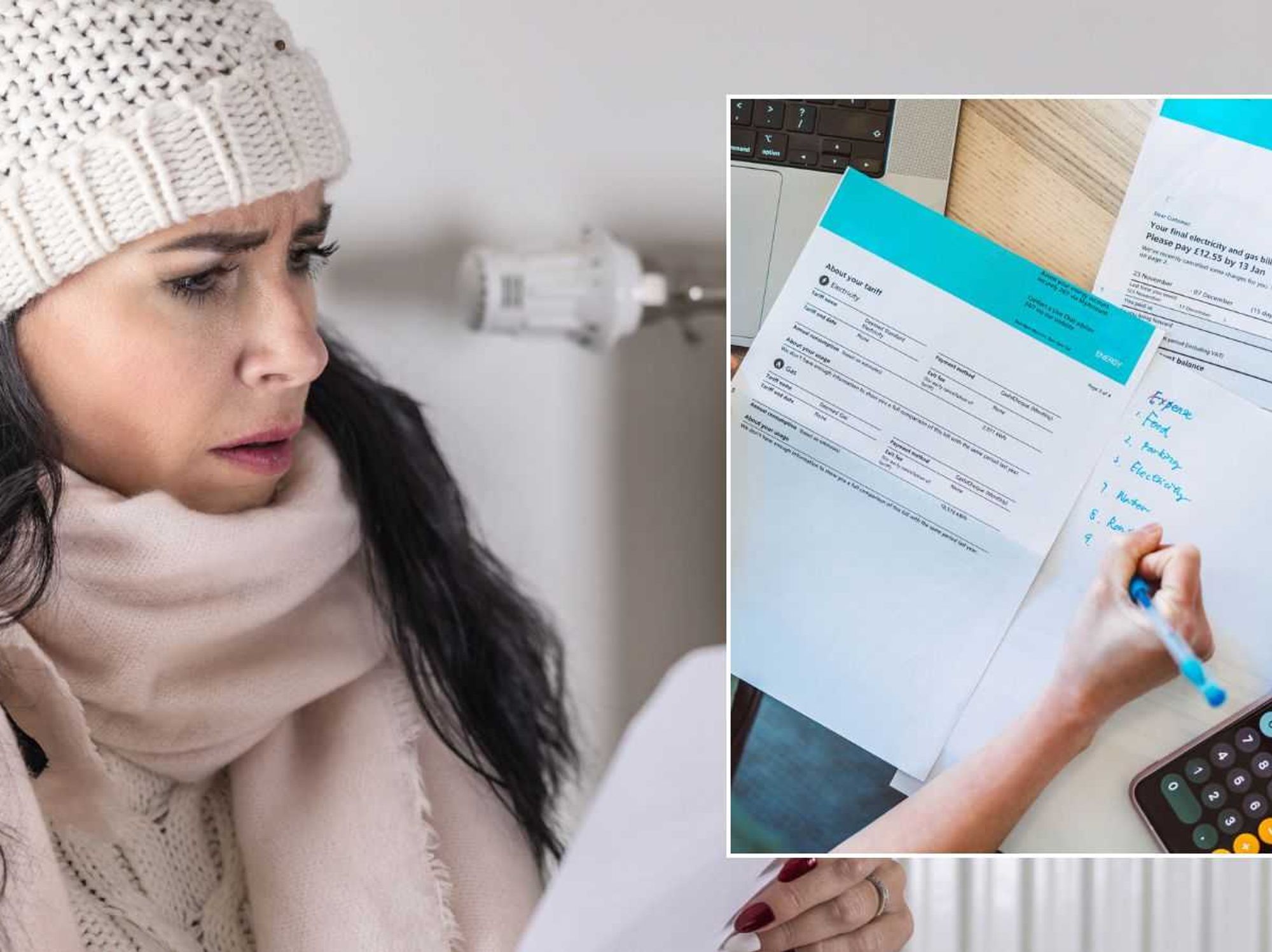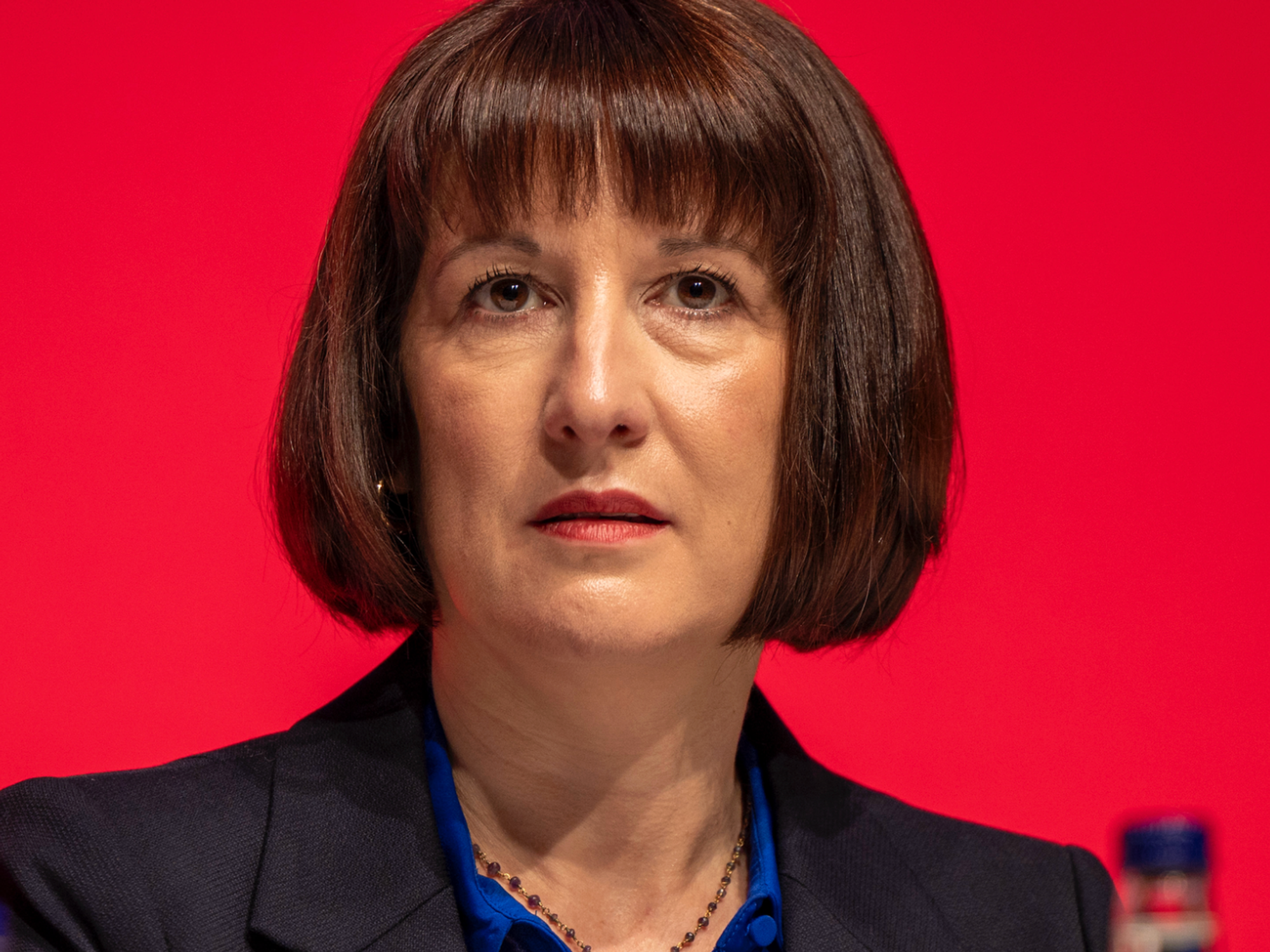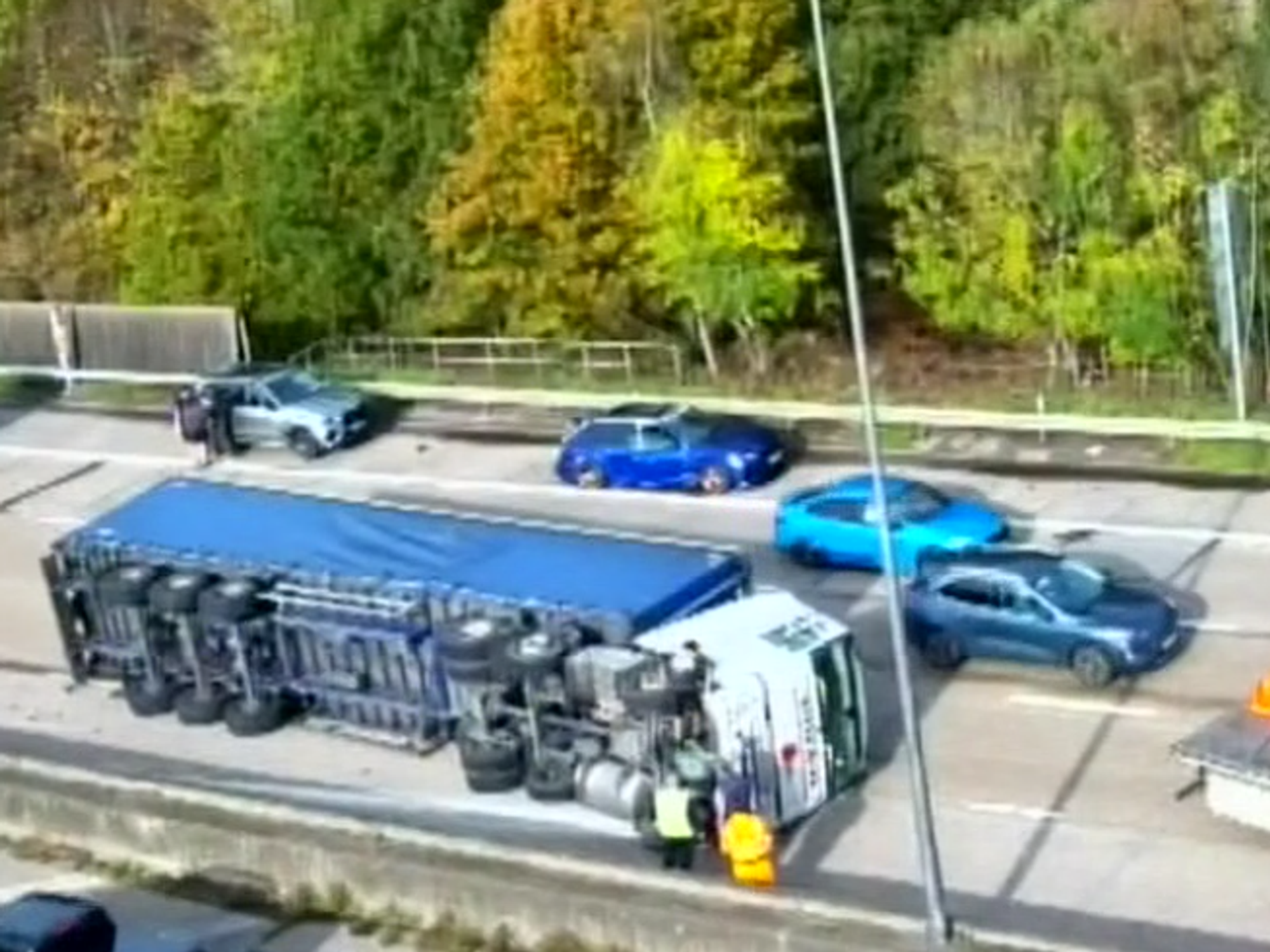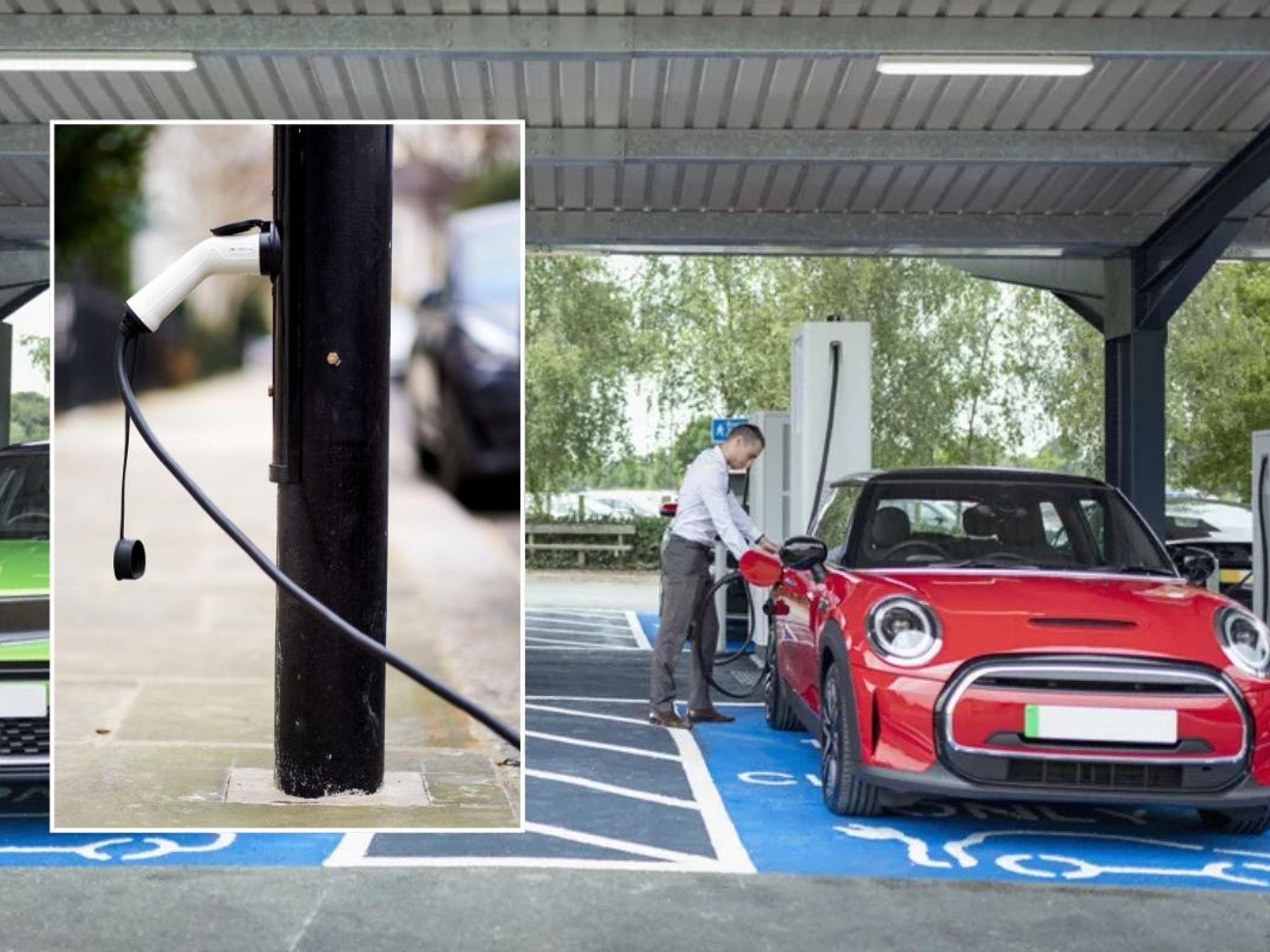Driving law changes you missed in October - Petrol & diesel cars face £5 daily cost, new licence rules and more

Motorists could face new daily charges when driving in a popular UK city
Don't Miss
Most Read
Motorists are being warned of new driving law changes they may have missed, which could see them charged for travelling or require them to take additional tests to get their licence.
October saw a number of important road rules introduced, as Britons welcomed the introduction of the Entry/Exit System and new rules for London's taxi drivers.
To help drivers deal with the countless motoring changes introduced recently, GB News has rounded up the most important new rules you need to be aware of.
TRENDING
Stories
Videos
Your Say
Congestion charge
Oxford's controversial congestion charge was introduced yesterday (Wednesday, October 29), with thousands of drivers now facing a £5 daily charge.
The scheme is being introduced to ease traffic around the city as National Rail continues to work on Botley Road, ahead of a planned traffic filter trial in the city.
Oxfordshire County Council said it hoped the charge would incentivise drivers to opt for public transport or other active travel methods, rather than using their car.
The congestion charge will be active at six locations across the city, with all car owners facing the daily charge unless they apply for a permit.
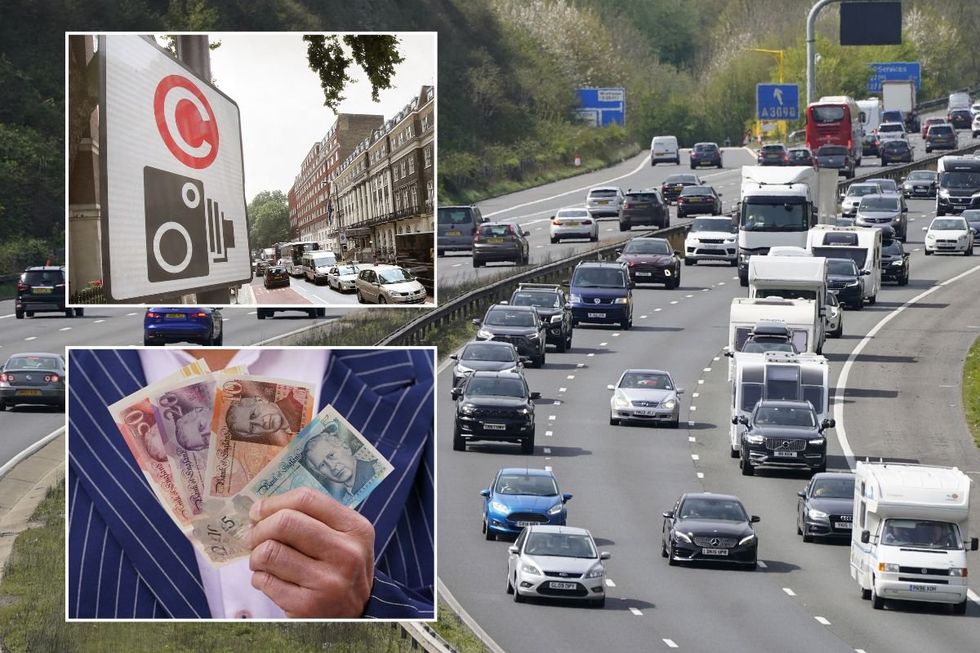
Several important driving law changes were introduced in October
|PA/GETTY
Fuel Finder
The Competition and Markets Authority (CMA) published a consultation earlier this month to hear from motorists, organisations and fuel retailers regarding the incoming launch of the Fuel Finder scheme.
The tool will require major retailers, supermarkets and independent forecourts to publish live fuel price information, with estimates showing that drivers could save between one and six pence per litre once it is introduced.
As part of the consultation, the CMA is looking to hear about how the scheme can be enforced and what sort of action could be issued if a company cannot adhere to the rules.
A spokesperson for the Department for Energy Security and Net Zero has confirmed that the Fuel Finder scheme "is on track", with hopes that it could launch by the end of the year.
 The Fuel Finder scheme could help cut prices by between one and six pence per litre | PA
The Fuel Finder scheme could help cut prices by between one and six pence per litre | PALATEST DEVELOPMENTS:

The Entry/Exit System was rolled out at the start of the month
| PAParking
Cardiff City Council gave the green light to new rules that would see SUVs and other larger vehicles pay more for their permits in the Welsh capital.
The groundbreaking law changes were approved earlier this month and aim to crack down on the larger vehicles and the road safety risks they pose to other road users.
The new rules outline that cars weighing more than 2,400kg will have to pay more for a parking permit, while those weighing more than 3,500kg will not be eligible.

SUVs in Cardiff will soon have to pay more for a parking permit, which has been dubbed the 'Land Rover tax'
| PAEntry/Exit System
The European Union's new Entry-Exit System was introduced on October 12, with any British citizen travelling to the Schengen area having to register their biometric details.
This can include fingerprints and a photo when they arrive in the area, although the digital EES record is only valid for three years.
Simon Williams, head of policy for the RAC, said: "With a phased roll-out taking place until April 2026, we're advising motorists to check the official requirements at the UK departure point they're using before they set off, as these will differ from place to place.
"Drivers should be prepared for checks to take slightly longer and for entry points to be busier during the roll-out phase, especially during peak seasons like half-term or Christmas."
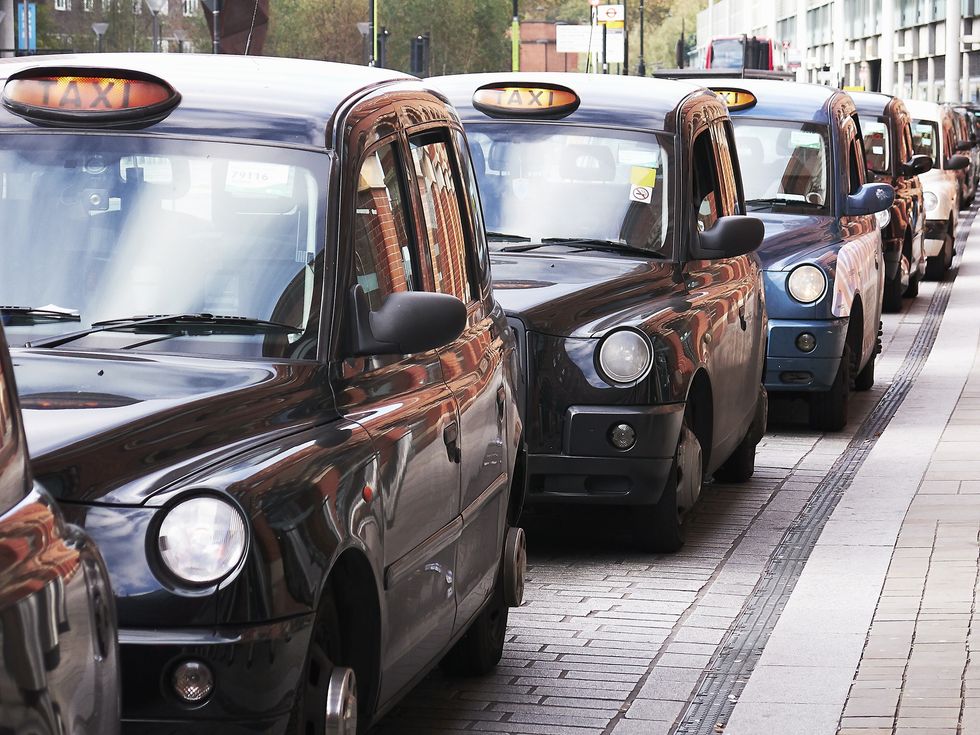
Taxi drivers in London are required to pass the SERU test before receiving their licence
| GETTYTaxis
New laws were introduced for any taxi drivers operating within London at the start of the month, with new or renewing drivers needing to pass an assessment.
Before they can be licensed, they need to pass the safety, equality and regulatory understanding (SERU) test, meaning they must comply with standards regarding safeguarding and English language skills.
Any driver whose taxi licence expires on or after October 1, 2025, must pass the SERU assessment when they renew their licence and before they can be relicensed.


